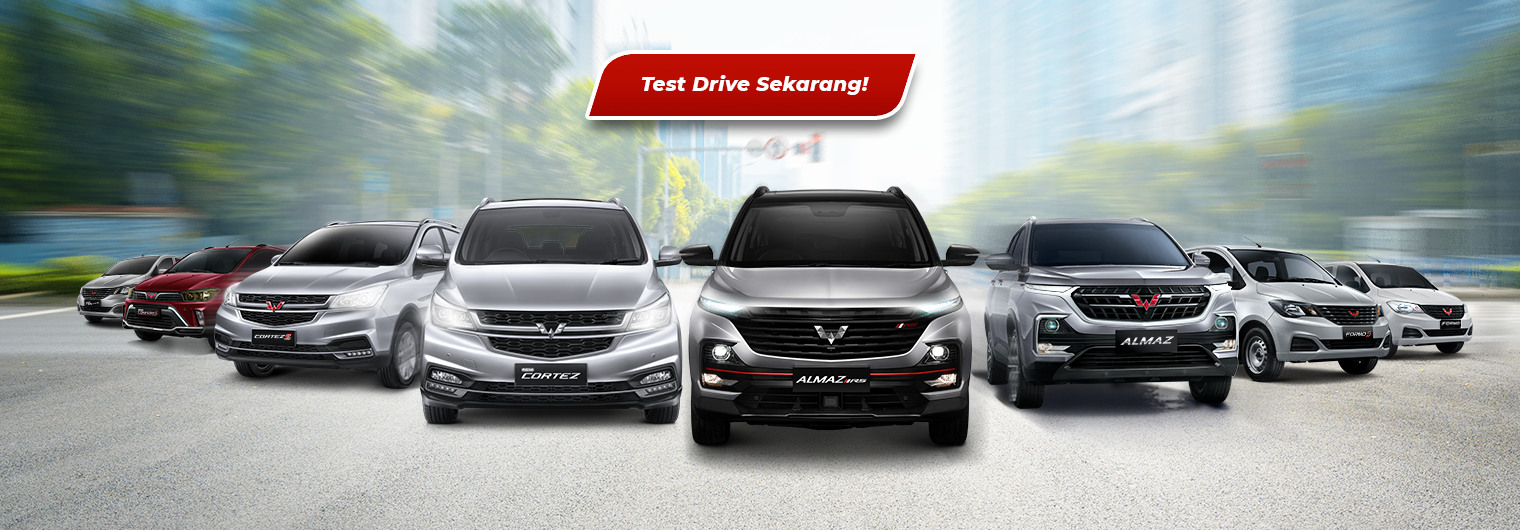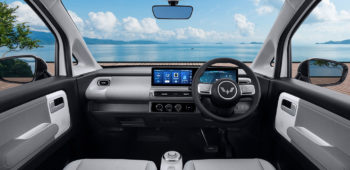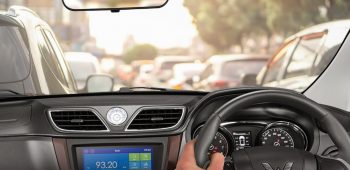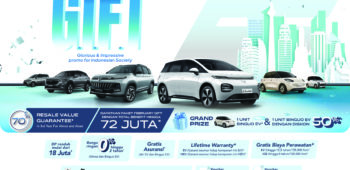6 Types of Electric Car Batteries & How to Care for Them
3 March, 2023
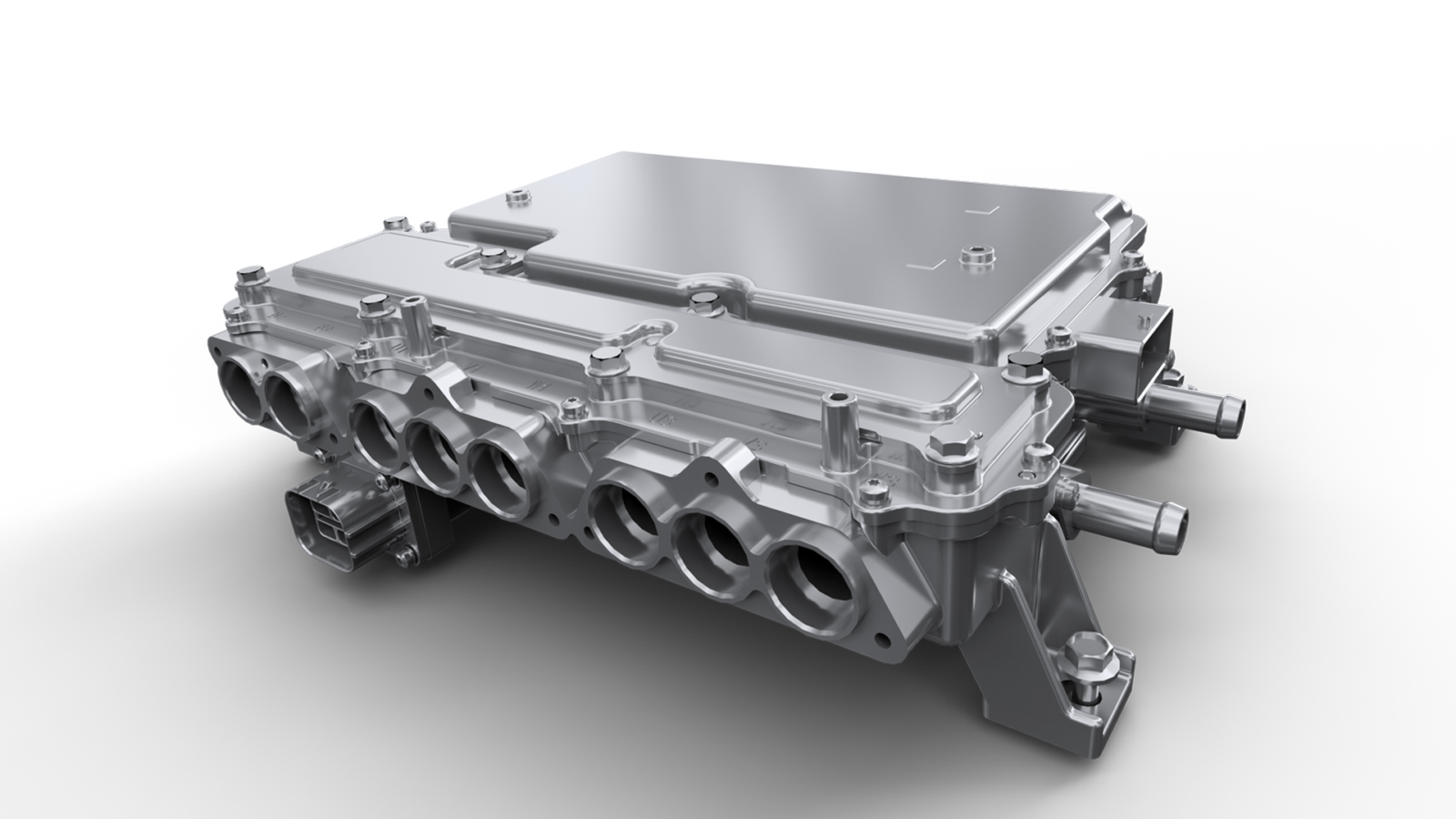
The electric car is the latest innovation in the automotive world which is increasingly popular in Indonesia. One of the factors that make electric cars so attractive is the battery technology used. The battery in an electric car must have good resistance so that it can travel a considerable distance.
The battery used by electric cars varies depending on the type of car. Therefore, before buying an electric car, first look at the type used and the characteristics of the battery.
So, what are the types of electric car batteries? Check out the explanation and characteristics, the price of electric car batteries, and how to care for electric cars so that the batteries last.
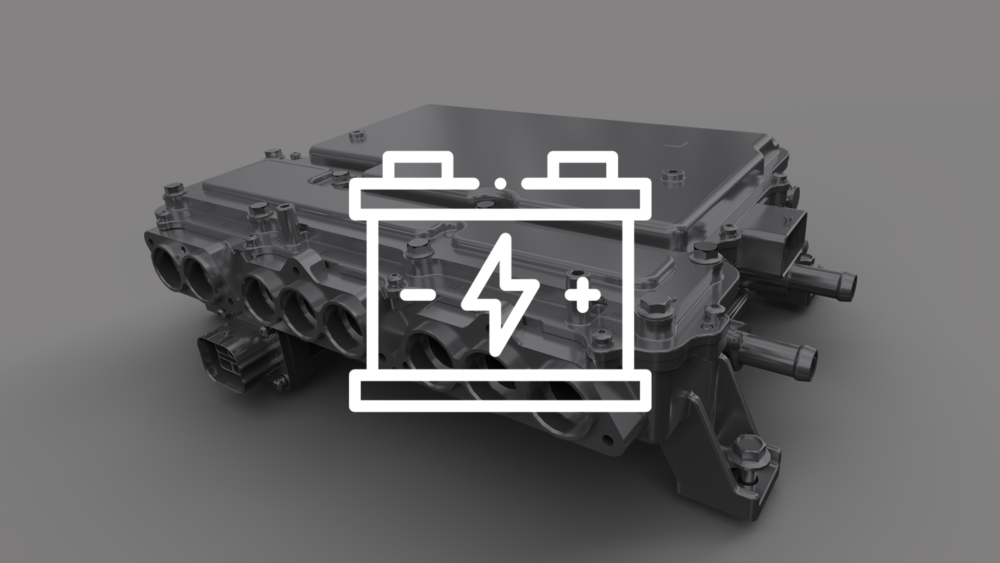
Types of Electric Car Batteries
Electric cars require a strong and long-lasting energy source. Therefore, there are several types of batteries that are often used in electric cars. Here are some types of batteries that are often used in electric cars:
1. Lithium-ion (Li-ion)
The type of battery most often used in electric cars is Li-ion. These batteries are very popular due to their high energy density, light weight and long life. In addition, this battery is also easy to recharge and has a faster charging time than other types of batteries.
Electric car batteries are made of highly reactive carbon and lithium which can store a lot of energy. However, this battery also has the disadvantage of being expensive, sensitive to high temperatures, and prone to damage if not used for a long time.
2. Nickel-Metal Hydride (NiMH)
NiMH is a type of battery commonly used in electric cars. These batteries have a lower energy density than Li-ion, so cars using these batteries tend to have shorter ranges. However, these batteries last longer than Li-ion.
These batteries use hydrogen to store energy, with nickel and another metal (such as titanium) as electrodes. This battery has the advantages of being low cost, environmentally friendly, and resistant to overcharging. However, these batteries also have the disadvantages of heavy weight, low capacity, low efficiency and short lifespan.
3. Lead Acid
Lead Acid is a type of battery that has long been used in conventional cars, but can also be used in electric cars. The oldest battery used for electric vehicles is made of lead and sulfuric acid as electrodes.
These batteries have the advantage of being cheap, easy to recycle, and easy to recharge. However, this battery also has the disadvantage of being very heavy, very low capacity, very low efficiency, and very short lifespan.
4. Solid State Battery
This battery is the newest type of battery which is still under development, which uses a solid electrolyte as a conductor of ions between the electrodes. This battery is expected to have the advantages of very light weight, very large capacity, very high efficiency, and very long life. However, these batteries still face challenges in the form of very expensive production costs and immature technology.
5. Nickel-Cadmium Battery
This battery uses nickel oxide hydroxide and cadmium as electrodes. This battery has the advantage of good resistance to recharging cycles and extreme temperatures. However, this battery also has weaknesses in the form of quite heavy weight, relatively low capacity, relatively low efficiency, and relatively short lifespan. In addition, this battery is also not environmentally friendly because it contains cadmium which is toxic.
6. Ternary lithium-ion (NMC)
Ternary lithium-ion (NMC) batteries are one of the most popular types of electric car batteries on the market. NMC batteries have the advantages of high capacity, high voltage, good thermal stability, and low cost compared to other Li-ion batteries. NMC batteries also contain nickel which is an essential element to improve the performance of Li-ion batteries.
One of the electric cars that uses a Ternary lithium-ion (NMC) type battery is the Almaz Hybrid. The battery capacity of this hybrid car is 1.8 kWh and has a voltage of 355 V24. With this battery technology, Almaz Hybrid can cover a distance of up to 1,000 km with a full battery charge.
How Much Does an Electric Car Battery Cost?
The price of an electric car battery varies depending on the capacity, make and model. Reported by CNBC Indonesia, currently the price of batteries for electric vehicles is in the range of US$ 200/kwh, which is around 3 million rupiah. An average medium-sized electric car uses a battery capacity of 60 kwh to reach a distance of 250-300 km. So you could say that the price of an electric car battery can reach around IDR 171 million at the current exchange rate.
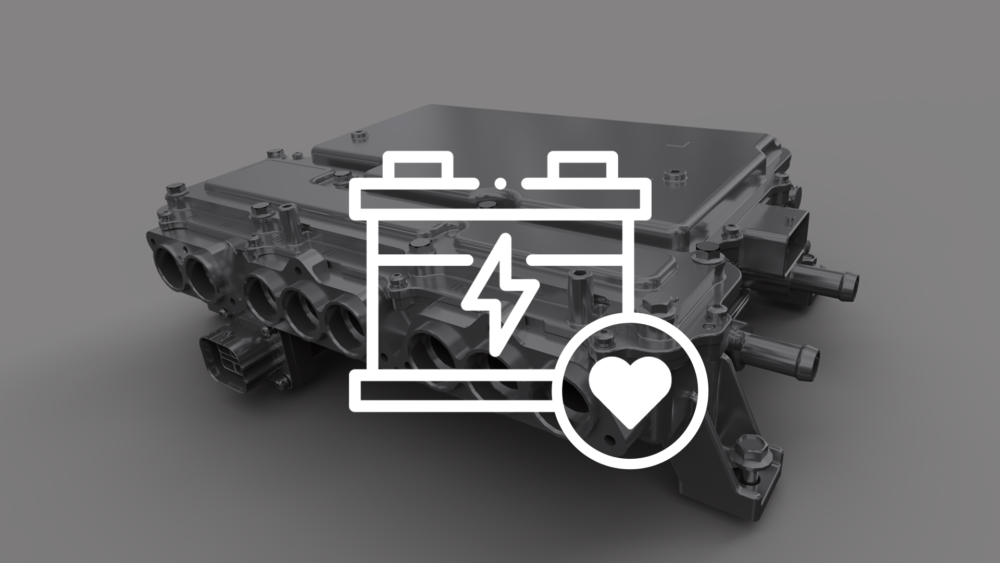
Electric Cars Battery Maintenance
Electric cars are vehicles that rely on batteries as an energy source to operate. Therefore, battery maintenance is very important to maintain the performance and service life of electric car batteries. The following are some tips for caring for electric cars that can be done:
-
Use the Appropriate Charger
The use of an appropriate electric car charger is very important to maintain the health of the car battery. Make sure the charger used has the right output and matches the battery specifications. Do not use a charger that is not suitable because it can damage the battery.
-
Don’t Let the Battery Run Out
Often electric car users ignore the low battery indicator and keep using it until it runs out. This can damage the battery because it forces the battery to work under minimum conditions. Therefore, it is recommended that users charge the battery as soon as possible when the battery indicator shows a low charge level.
-
Avoid Overuse
Excessive use of electric cars can shorten battery life. It is better to limit the use of electric cars for short distance trips and avoid using electric cars for long distance trips or with heavy loads.
-
Don’t let the Battery Fully Charge for Too Long
While fully charging the battery is important, don’t leave it fully charged for too long. This can heat up the battery and shorten its life.
-
Do Not Exceed Battery Capacity Limit
Each battery has a capacity limit that must be maintained so that it is not damaged. Therefore, users should not use electric cars until the battery is completely depleted. Try to always charge the battery before it reaches the minimum capacity limit.
The electric car battery is a very important component in electric vehicles. As with other types of electric car batteries, proper maintenance is necessary to maintain battery performance and lifespan. By carrying out proper maintenance, car owners can extend battery life and save on battery replacement costs which are quite draining.
